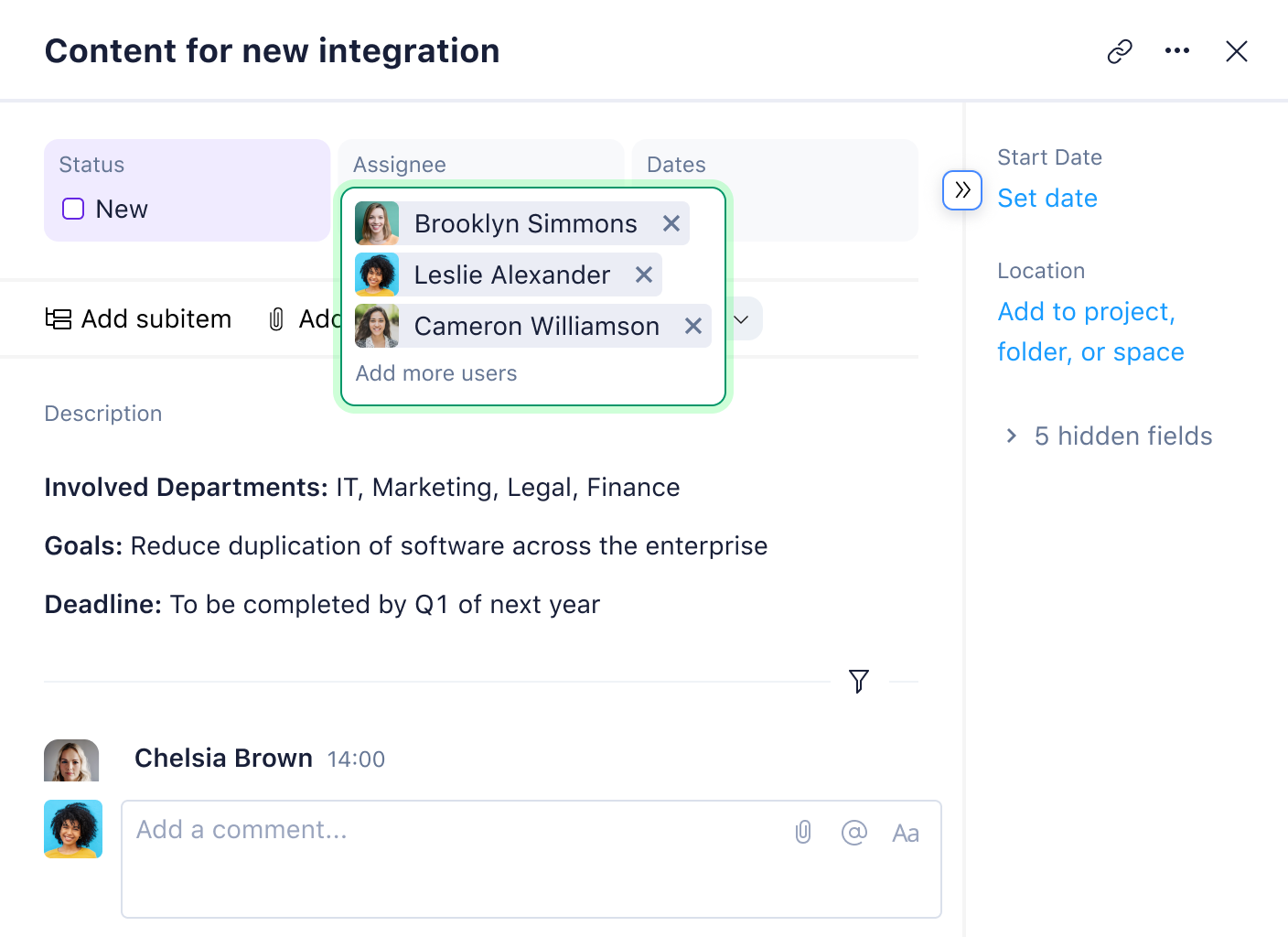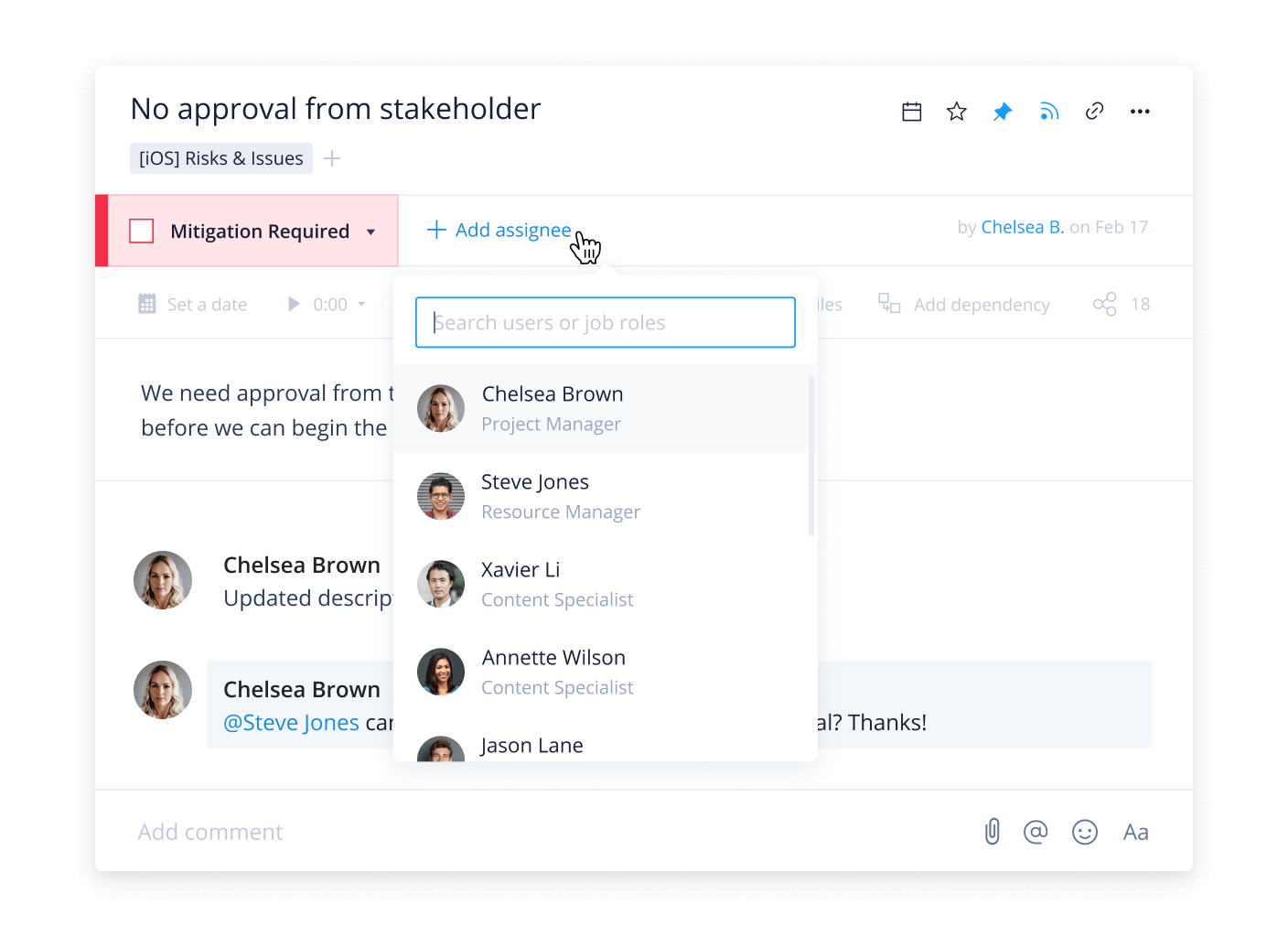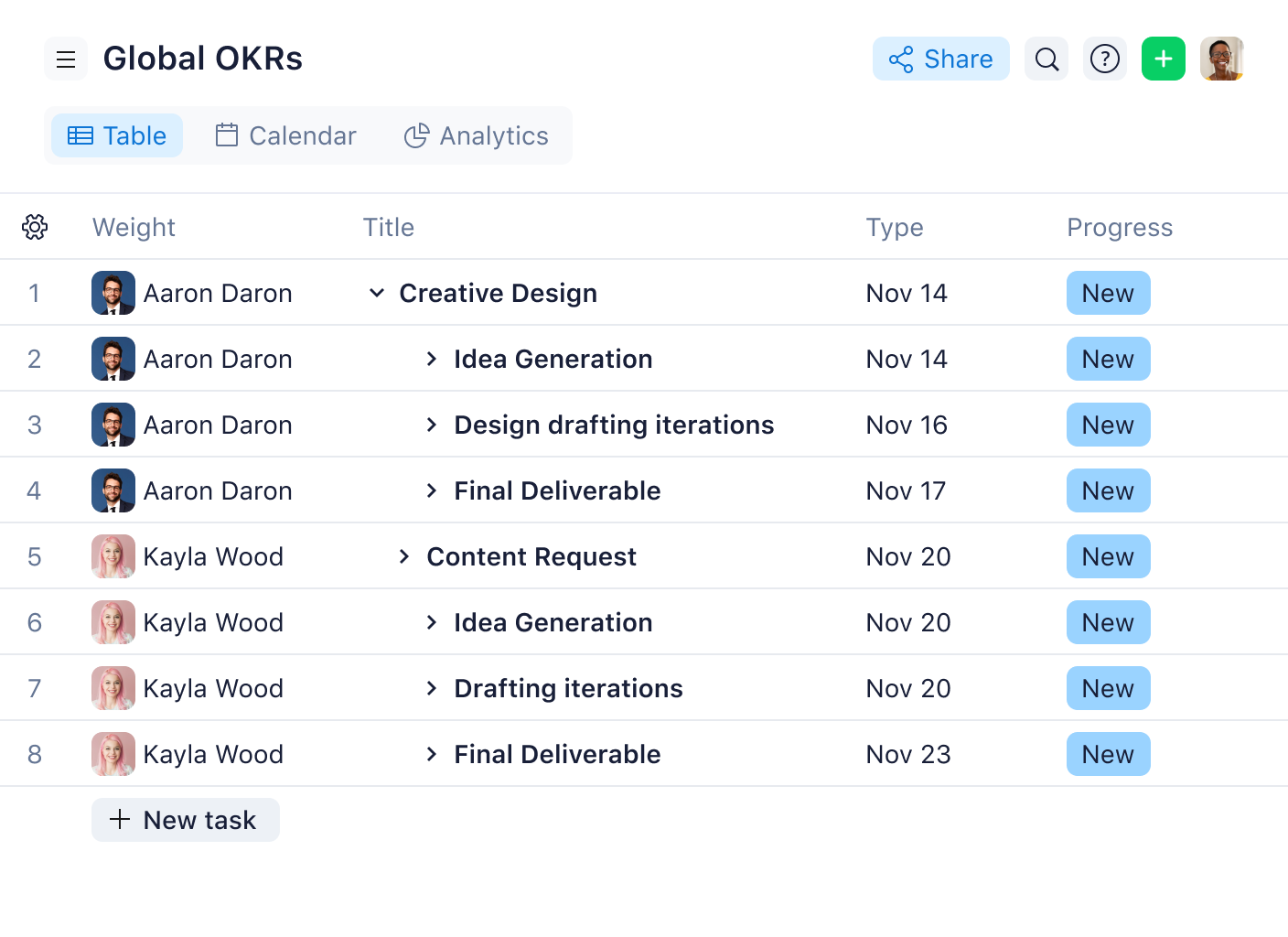What Are Deliverables in Project Management?
Introduction to Project Deliverables
In project management, a deliverable refers to any item that is produced as a result of a project. Deliverables can take many forms, from physical products to online documents, reports, or software applications. Understanding the concept of deliverables is essential for project managers, as they are responsible for ensuring they are produced on time, within budget, and to the required quality standards.
In this article, we will provide an overview of deliverables in project management, including their definition, types, and importance. We will also explore the role of deliverables in project success.
To achieve actionable results right away, you can also try Wrike’s project deliverables template for free with a two-week trial.
What is a deliverable in project management?
A deliverable is an element of output within the scope of a project. It is the result of objective-focused work completed within the project process.
Deliverables in project management can be internal or external. An internal deliverable is work undertaken within your company — people outside the organization do not see it. An external deliverable is work done for a client, customer, or stakeholder with the goal of generating revenue. In either case, it usually means that the deliverable is expected on a specific date.
Project deliverables are often linked to objectives, but there is a clear difference between the two. A deliverable is an actual item created to advance a project, whereas an objective is an overall goal. So, if you wanted to gain more insights into your market base, that would be an objective. If you prepared a report to achieve this objective, that would be a deliverable.
You may see below an example of a deliverable and an objective. The deliverable in this case would be the content and the objective would be reducing the duplication of software across the enterprise.


Similarly, a deliverable is not to be confused with a milestone. A milestone is a specific marker or point in a project when you have achieved something significant. When a milestone is reached in a project, you simply transition to the next stage. With a deliverable, however, you have to submit the end result to an individual or team.
There can be one or several deliverables within a single project. When a deliverable is sent, that means a big deadline or milestone has been met. Often, project deliverables are dependent on another deliverable being completed first. This is common when managing a project with multiple milestones, such as events. These interlinked deliverables can be easily mapped using a Gantt chart, which automatically updates dependencies when you make changes to a project deadline.
To sum up, deliverables in project management are tangible action items that must be delivered to complete a project.
What are examples of project deliverables?
As outlined above, project deliverables can be both internal and external. Here is an example of each:
- Internal: You are leaving your current role, and your HR supervisor asks you to prepare a handover document for your successor. This document is an internal deliverable.
- External: You are working for an SEO agency, and you create a website audit for your client to optimize their SEO practices. This audit is an external deliverable.
Ensure the success of your deliverables with clearer timelines
When are project deliverables agreed upon?
Project deliverables are typically agreed upon in the early stages of planning, usually within a project management plan. This is because deliverables are closely linked to objectives, and the two will combine when a company sets out its OKRs before commencing a project.


Inaccurately defined deliverables are a massive risk factor for project failure. This is why project managers need to establish accurate, measurable, and high-quality deliverables at the very beginning of a project. Once these are in place, the path to project success will be clear.
Can project deliverables change during a project?
Many things can happen over the course of a project, and deliverables can vary slightly as a result. The key here is to monitor any risk for scope creep and manage any changes to ensure the project stays on track. This could mean increasing the number of project deliverables originally set out in the planning stage.
By compiling regular reports, a project manager can track project deliverables and share changes with stakeholders. That’s why it is important to use versatile project management software so any changes can be made easily and communicated quickly.


Who oversees project delivery?
Although there may be a full team working together towards one deliverable, the project manager oversees project delivery. It is their job to monitor progress and ensure that all project deliverables, both large and small, are met within the deadlines. The project manager’s overall responsibility is to supervise the project throughout its various stages and execute a successful outcome.
Set your projects up for success with Wrike
In conclusion, a deliverable is a critical component of project management, as it helps determine the scope of a project and its success criteria. Furthermore, clear and well-defined deliverables can help prevent scope creep, budget overruns, and delayed timelines.
By identifying and defining deliverables, project managers can ensure the project is progressing according to the plan and stakeholders have a clear understanding of what is being produced.
Wrike’s project deliverables template is designed to help you overcome any obstacles in project delivery. With clearer timelines and seamless collaboration, you and your team can stay aligned and produce results exactly as planned.

Artem Gurnov
Artem is a Director of Account Development at Wrike. He previously held the role of Project Manager, overseeing a team of customer success managers (CSMs). Over the years of building teams and scaling business processes, he has successfully deployed multiple projects, from automating client outreach to setting up work prioritization tools for sales reps and CSMs.

